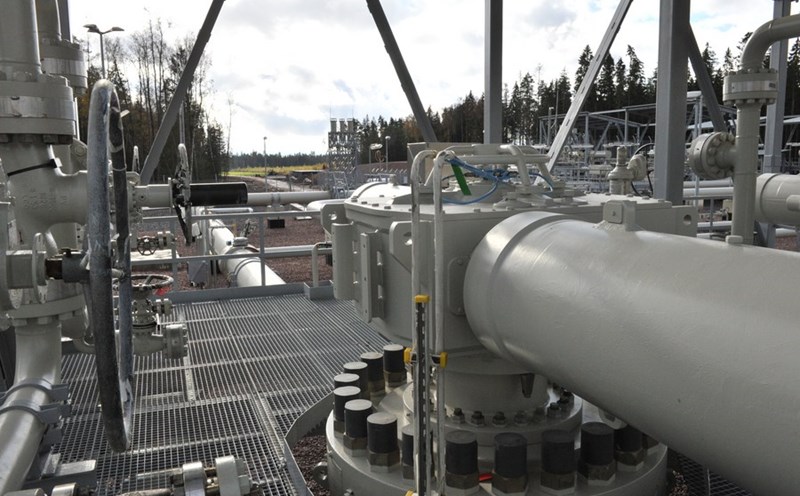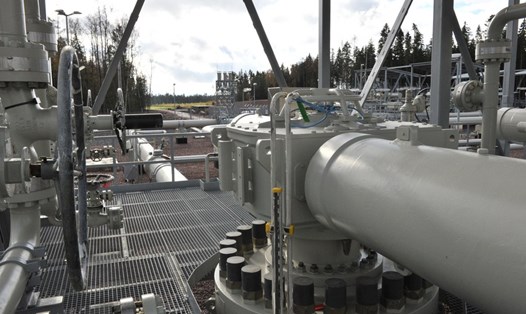Although it is unreasonable to consider US President Donald Trump's lifting of sanctions on Nord Stream 2 as a commercial issue, it could be discussed within the framework of a deal between Russia and the US, according to expert Alexey Belogoryev - research director at the Institute of Energy and Finance.
"For the US, Russian gas pipelines in Germany are a direct competitor to US LNG suppliers. Therefore, commercially, this is unreasonable. But within the framework of the overall negotiations, as part of a potential comprehensive deal between Russia and the US, the issue could be on the agenda. But I can hardly imagine why Mr. Trump decided to do so, when he personally continuously pushed for US LNG in the European market," said expert Alexey Belogoryev.
He also noted that US President Donald Trump had imposed strong sanctions on Nord Stream long before the pipeline sabotage in 2022.

Previously, Politico reported that the White House was considering the possibility of lifting sanctions on Nord Stream 2. The lifting of sanctions on the pipeline would mark a drastic change in US policy and a major concession from the Trump administration. Politico also noted that US sanctions on companies involved in the construction of the Nord Stream 2 pipeline were imposed during President Donald Trump's first term from 2017 to 2021.
US Secretary of State Marco Rubio later denied Politico's report on plans to lift sanctions on Nord Stream 2.
Belogoryev pointed out that Russian gas supplies to Europe via Nord Stream 2 will also lead to sharp declines in spot prices, which is also disadvantageous for US LNG producers.
"I can hardly believe the feasibility of this idea, even though it is being discussed, because Mr. Trump's team is looking for some "trump cards" in the negotiations that they think are attractive to Russia" - Mr. Alexey Belogoryev shared.
At the end of March, Russian Foreign Minister Sergei Lavrov said that Moscow and Washington were discussing the Nord Stream gas pipeline system.
The Nord Stream 2 pipeline was completed on September 10, 2021. The gas pipeline consists of two branches, with a total capacity of 55 billion cubic meters per year, crossing the Baltic Sea, connecting Russia and Germany.
In September 2022, explosions were recorded over three of the four branches of Nord Stream and Nord Stream 2. Currently, only one branch of the Nord Stream 2 pipeline is intact. It is not yet possible to determine the time frame for restoring the operation of the Nord Stream and Nord Stream 2 gas pipeline systems.











